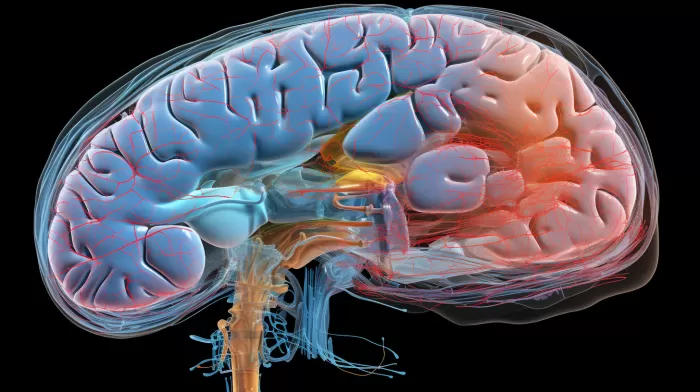Did you know that it’s actually possible for couples to still be madly in love even after spending many years together? Yes, you read that right! A recent study conducted at Stony Brook University in New York delved into the science behind long-lasting love, and the results are quite fascinating. In this article, we’ll go in-depth into the findings of this study and explore what happens in our brains when we’re in love, whether it’s a new infatuation or a lasting bond.
The Power of MRI Scans
Magnetic Resonance Imaging (MRI) scans have been an invaluable tool for scientific research, and they were the key instrument used in this love study. Researchers at Stony Brook University used MRIs to scan the brains of long-term married couples and compared the images to the brains of couples who had recently fallen in love. They were particularly interested in specific parts of the brain that respond to love, and they used a clever technique to measure this response.
While the participants were undergoing the MRI scans, researchers showed them photos of their beloved, close friends, and strangers. By scanning and analyzing the subjects’ brain activity as they viewed these images, the team was able to uncover some fascinating similarities between the two groups.
Striking Similarities Between Long-Term and New Love
According to Arthur Aron, Ph.D., of Stony Brook’s Department of Psychology, the MRI scans revealed “many very clear similarities between those who were in love long-term and those who had just fallen madly in love.” This was particularly evident in the dopamine region of the brain, or the ventral tegmental area (VTA), which is associated with pleasure, reward, and motivation.
Both groups showed increased activity in the VTA when they viewed images of their romantic partners, as compared to images of friends or strangers. This suggests that long-term couples may still experience the same intense feelings of love and attraction as newly formed couples.
The Potential Applications of This Research
Understanding the science behind long-lasting love could have a significant impact on our society as a whole. For example, learning more about how some couples manage to stay in love even after many years could offer insights into improving relationships and building stronger connections.
One specific area where this research could make a difference is in the realm of military marriages. As Dr. Aron notes, there is a high level of divorce among U.S. military members, particularly those who have been deployed to combat zones. By learning more about the factors that contribute to long-lasting love, researchers could potentially develop strategies to help soldiers who have returned home from war to maintain and strengthen their marriages.
The Takeaway
While it’s true that all relationships face challenges and obstacles, this study serves as a powerful reminder that maintaining a strong, passionate love connection is possible even after many years. Through a deeper understanding of the brain’s response to love, we can continue to explore ways to keep the flame alive in long-term relationships.
So, the next time you find yourself questioning the lifespan of love, remember the findings of this intriguing study: with dedication and understanding, it is indeed possible to keep those butterflies fluttering in your stomach for years to come.



